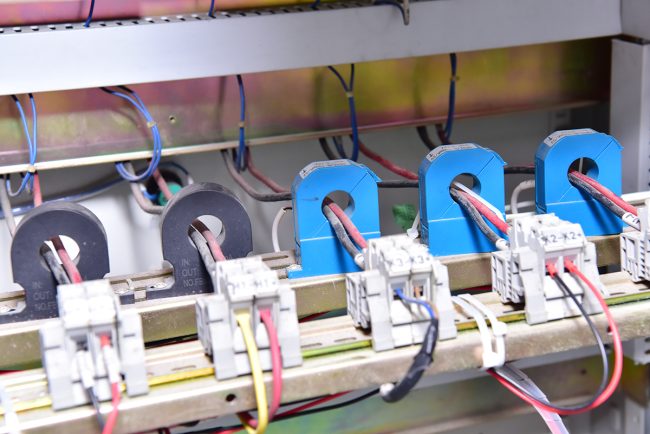The regulations and standards applied to DC insulation monitoring systems may vary depending on the industry, the specific application, and the geographical region. These regulations and standards are often put in place to ensure the safety and reliability of electrical systems and equipment. Here are some of the key standards and regulations that may be relevant to DC insulation monitoring systems:
- IEC 61557 Series: The International Electrotechnical Commission (IEC) provides a series of standards under the IEC 61557 series that cover various aspects of insulation monitoring devices (IMDs). IEC 61557-8, in particular, focuses on insulation monitoring devices for IT systems (unearthed systems) and provides guidelines for their application.
- IEC 60204-1: This standard, often applied to industrial control systems, includes requirements for insulation monitoring for electrical installations, including machinery.
- EN 61557 Series: The European Committee for Electrotechnical Standardization (CENELEC) has adopted the IEC 61557 series of standards. These standards apply to insulation monitoring devices used in Europe.
- UL 61010-1: Underwriters Laboratories (UL) Standard 61010-1 applies to electrical equipment used in laboratory, industrial, and manufacturing settings. It may include requirements related to insulation monitoring devices.
- NFPA 70 (National Electrical Code): The NFPA 70, also known as the National Electrical Code (NEC), provides electrical safety requirements in the United States. While it may not specifically address insulation monitoring systems, it contains guidelines related to the safety of electrical installations.
- IEEE 3006.7: IEEE 3006.7 is a recommended practice for the installation of insulation monitoring equipment in DC electrified railway systems. It provides guidelines for the application of insulation monitoring systems in railway applications.
- Industry-Specific Standards: Some industries, such as rail transportation, utilities, and renewable energy, may have industry-specific standards and guidelines that require or recommend the use of insulation monitoring systems.
- Local Electrical Codes and Regulations: Depending on the specific location and jurisdiction, local electrical codes and regulations may have requirements related to the installation and use of insulation monitoring systems.
It’s essential to consult the relevant standards and regulations specific to your industry and location to ensure compliance with safety and reliability requirements. Additionally, adherence to these standards and regulations helps ensure the proper selection, installation, and maintenance of DC insulation monitoring systems for your specific application.

